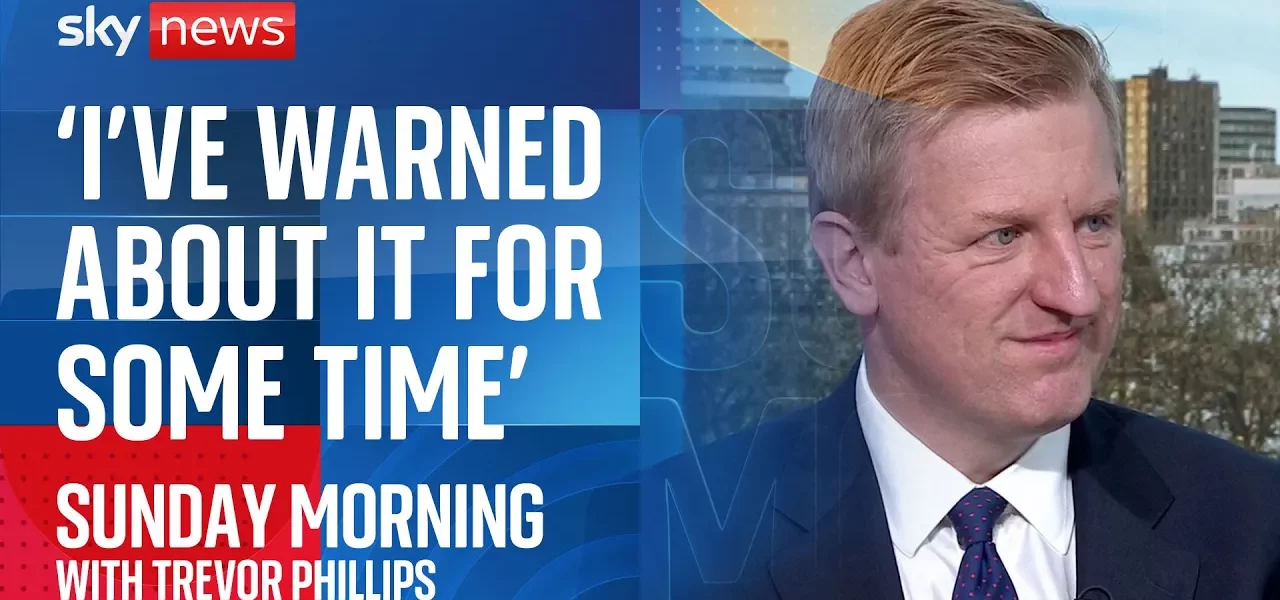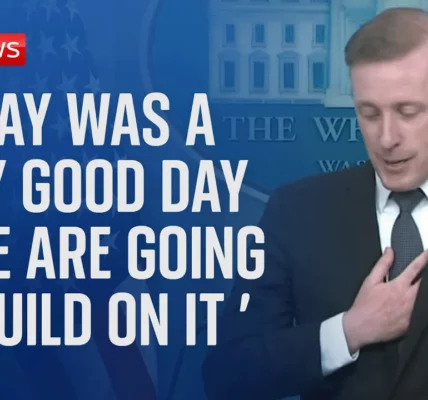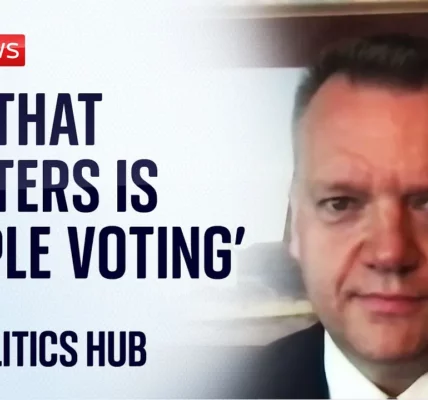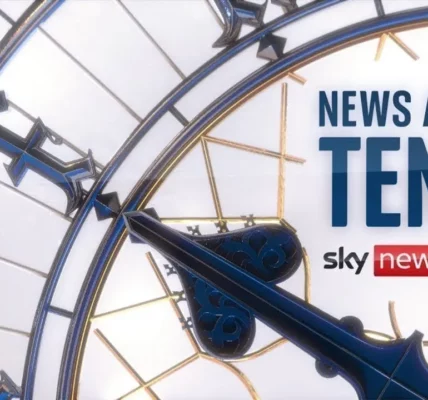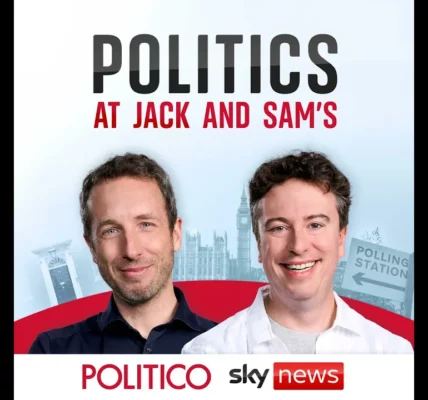Deputy Prime Minister Oliver D Discusses Russian Influence and the Conservative Party’s Future

In this article, we explore the key insights from Deputy Prime Minister Oliver D’s recent interview, where he addresses concerns about Russian influence in UK elections, the Conservative Party’s strategies to retain voter support, and the political dynamics involving Nigel Farage and the Reform Party. This comprehensive analysis delves into the implications of these discussions for the future of UK politics.
Introduction
In a recent interview, Deputy Prime Minister Oliver D expressed grave concerns regarding the influence of Russian state actors in the UK electoral process. This discussion highlights the broader implications of foreign interference in democratic elections and sets the stage for the upcoming election, where the Conservative Party seeks to maintain its foothold against challenges from within and outside the party, particularly from figures like Nigel Farage and the Reform Party. Understanding this context is crucial for voters as they approach the polls.
Understanding Russian Influence in Elections
Oliver D’s comments underscore a growing concern about foreign interference in democratic processes. Here are key points he raised:
- Hostile State Actors: D emphasized that various hostile state actors, particularly Russia, are attempting to sway election outcomes.
- Low-Level Interference: He described the tactics used as typical low-level strategies, including the deployment of bots on social media platforms.
- Election Cell Initiatives: The establishment of an election cell within the Cabinet Office aims to monitor and counteract such influences.
The Role of Social Media
With social media being a primary battleground for information dissemination, D cautioned voters to critically evaluate the authenticity of online interactions. The presence of automated accounts can distort public discourse and mislead voters.
Concerns Over Nigel Farage and the Reform Party
During the interview, Oliver D addressed the political landscape shaped by Nigel Farage and the Reform Party:
Allegations of Collusion
While D refrained from directly accusing Farage of collusion with Russian interests, he warned of the potential for foreign interference to exploit political figures and narratives that align with their agenda.
Farage’s Stance on Ukraine
D expressed deep concern regarding Farage’s remarks about the Ukraine crisis, asserting that the narrative placing blame on external entities for Russia’s invasion is misleading.
Engaging Conservative Voters
With many former Conservative supporters gravitating towards the Reform Party, Oliver D outlined strategies to win back these voters:
Key Conservative Messages
- Tax Reduction Plans: D highlighted plans to cut taxes as a central part of the Conservative agenda.
- Migration Control: Emphasizing the importance of managing immigration effectively.
- Protection of Green Spaces: Assuring voters of the party’s commitment to environmental conservation.
Calls to Action
D urged Conservative supporters to reflect on their electoral choices carefully, emphasizing the stark contrast between Conservative and Labour policies, particularly regarding taxes and immigration.
The Future of the Conservative Party
As the election approaches, the Deputy Prime Minister acknowledged the challenges facing the Conservative Party:
Addressing Party Fractures
D recognized the discontent among party members and voters but stressed the necessity of unity to prevent Labour from gaining power. He urged Conservative supporters to focus on the future rather than past grievances.
Long-Term Vision
In concluding his remarks, D emphasized the importance of thinking about the long-term consequences of voting decisions, particularly concerning Labour’s potential policies.
Conclusion
Deputy Prime Minister Oliver D’s insights shed light on the pressing issues of foreign interference in UK elections, the challenges posed by the Reform Party, and the strategies the Conservative Party plans to employ to reconnect with its base. As the election draws near, it is crucial for voters to consider their choices carefully, understanding the implications of their votes on the future of the country. We encourage readers to stay informed and actively participate in the upcoming election.
“`
